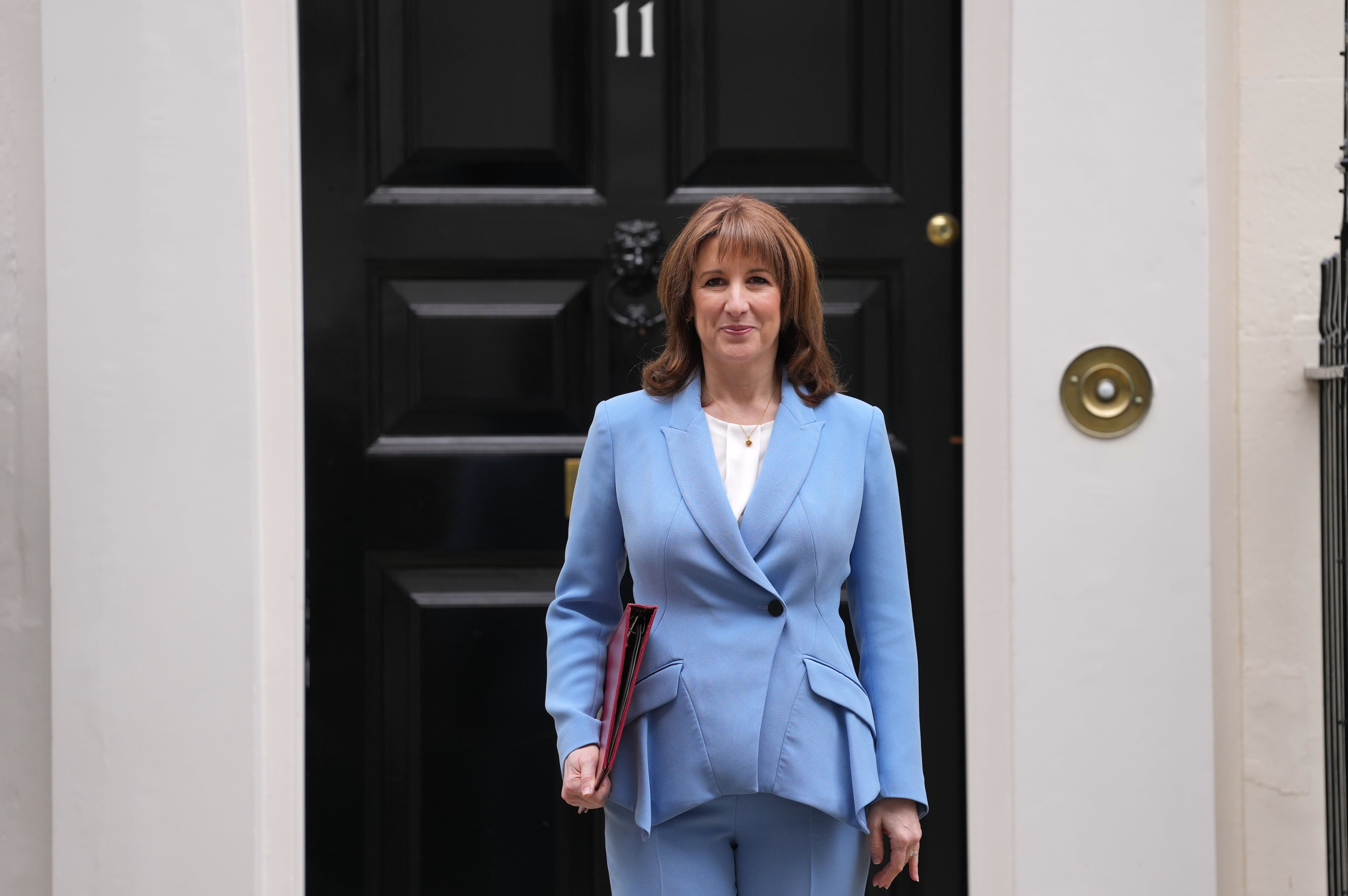Spectrum Brands CEO sees post-bankruptcy growth
Corporate CEOs are, understandably, extremely careful about what they say as their words can move markets. When a company is beset with bad news, the playbook usually calls for saying no more than what is legally necessary.
But Kent Hussey, chairman and chief executive of Spectrum Brands, thinks an open self-assessment can be good for a company. The Sandy Springs-based firm, which counts Rayovac batteries and Remington shavers among its consumer product line-up, entered bankruptcy protection in February 2009 as it sought to restructure a debt load of more than $2.6 billion.
Spectrum exited bankruptcy protection in August, and shares resumed trading on the New York Stock Exchange last month. Hussey, who has held several management roles since joining the company in 1996, says Spectrum won't repeat its key mistakes, which he candidly boiled down to: growing too big, too soon.
He spoke with The Atlanta Journal-Constitution this week about the company's bankruptcy, growth strategy and the economy.
Q: You've been pretty open about the mistakes Spectrum made and lessons learned. What's behind that philosophy of openness?
A: One of the most important things you have to do as a business leader is deal with reality, and reality often has some ugly aspects to it. And we also have to deal with our mistakes. The sooner you recognize how it isn't going how you want it to be, and the sooner you realize you made a mistake and begin to rectify it, the better you are in terms of ultimately performing to your responsibility as a manager of a business unit. Learning from those mistakes and admitting you made a lot of mistakes, that's reality.
Q: What pressures do you face from Wal-Mart, your largest customer, and other retailers on pricing? Spectrum positions itself as a low-cost alternative, so how much wiggle room is there on margins?
A: Manufacturers have to understand that in the current economy going after pricing increases is just not a good strategic way to do business. The key thing for us – which we have done over the last three years -- is to focus on finding ways to slim down our business, to make it more efficient, to take costs out. We’ve done an exceptional job of that . . . by reducing the costs in our company by over a $100 million in the last several years. Getting much more efficient at what we do and how we do it, we are able to maintain very attractive prices to our key customers and still improve our margins.
Q: Many consumer product oriented firms have developed "green" products. Often higher priced, companies say demand is there. What's Spectrum doing?
A: We have a large home and garden business that supplies various pesticides, insecticides and herbicides. Those active ingredients are typically synthetic compounds, they are effective, they are safe for use in the home, but they are synthetic. About four years ago we actually invested a lot of money to develop a line of natural, organic control products sold under the brand Garden Safe. These products are proving to be as effective as the products using synthetic, chemically compounded ingredients. They do sell for slightly more but there is a growing segment of consumers who want organic, natural products.
Q: February's deal to buy marketer Russell Hobbs brings the George Foreman Grill and Black & Decker brand names into Spectrum's portfolio. Should we expect more growth through acquisition or do you plan to grow organically?
A: We're looking forward to getting that (deal) closed this summer, but I would say there are no other large acquisitions of that nature that are in the pipeline or being actively thought about. We do believe there are lots of exciting opportunities for what we call niche acquisitions which are in our home and garden business or our personal care business and in our pet supply business. There are lots of small players that have niche products that...we may not have in our portfolio. So over time, we would like to...bring some of these products into our infrastructure and flesh out the product line without having to make very large expenditures.
Q: What's the main question or questions you're getting from retail investors?
A: We really don't have many retail shareholders...The one question we have gotten is: ‘Why Russell Hobbs, why right now?' It's a very strategic acquisition, it strengthens the company, it diversifies us and the combination really creates more financial strength in terms of leverage and the ability to be a significant competitor in the space that we operate in.
Q: Do the criteria for acquisitions include seeking brands that already have name recognition or loyal following?
A: Absolutely correct. They have a brand, they have a unique product, they have significant presence, particularly in areas where we don't have an offering so it doesn't cannibalize any of our business.
Q: AT&T and several other firms have said the new health care legislation will result in higher costs for them. What impact will it have on Spectrum bottom line?
A: The big difference between the companies you've heard announcing cost increases and our company is many of them have very large pools of retired employees that continue to get medical benefits from the company. My understanding is some of the changes in the new legislation reduces certain incentives companies have had relative to the benefits they provide to their retirees.. We have a very small group of people who remain on our retiree medical plan. What this bodes in terms of medical insurance premiums, from my perspective, we just have to see what happens.


